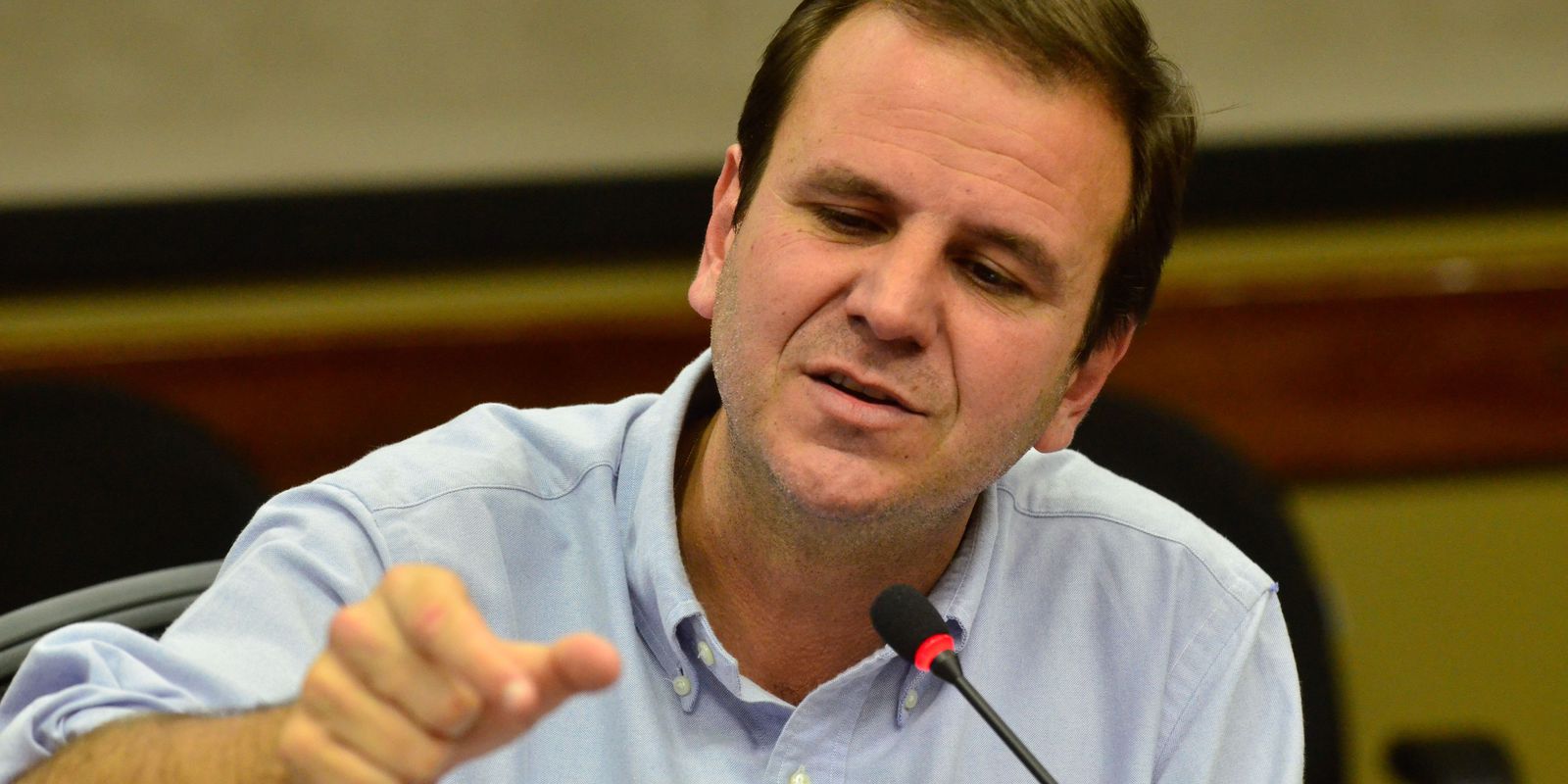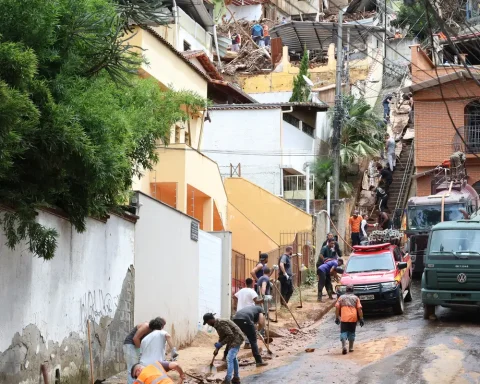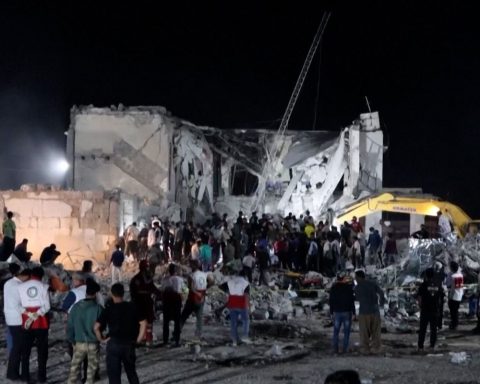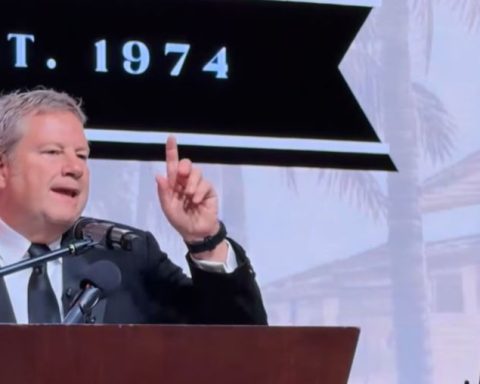The mayor of the city of Rio de Janeiro, Eduardo Paes, said this afternoon (25) that the success of the concession of water distribution and sanitation services will depend on the ability of regulatory agencies to act. According to him, the auction was well conducted, but the implementation phase needs to be well supervised.
“It will be paradise if the goals are met. We will have clean beaches, we will have the slums with sanitation, we will rescue the lagoons and Guanabara Bay. This is what is desired in a city where the environmental issue represents an economic asset like the case of Rio de Janeiro”, he said.
Through the concession, the water distribution and sanitation services in most of the municipalities until then served by the state-owned Companhia Estadual de Águas e Esgotos do Rio de Janeiro (Cedae) were transferred to the private sector. The concession model was prepared by the National Bank for Economic and Social Development (BNDES).
The auctions took place last year. The Águas do Brasil group won the dispute for blocks 1, 3 and 4, which together cover 32 municipalities and neighborhoods in the center, south, west and north of the capital. The Iguá consortium bought block 2, which encompasses another part of the capital – Barra da Tijuca and Jacarepaguá – and two more municipalities.
The winning companies obtain the concession for 35 years and must commit to the goal of universalization of services by 2033. Cedae will continue to operate the Guandu Treatment Station and will sell treated water to the new concessionaires, which will be responsible for distribution, and sewage treatment.
Paes considered that it is necessary to improve the efficiency in the inspection of these services. The Regulatory Agency for Energy and Basic Sanitation of the State of Rio de Janeiro (Agenersa), which regulates the sector, was not mentioned directly.
“The great challenge now is to see how this is controlled. It is to see if the regulatory agencies will demand compliance with the goals defined there. state, which gave a beautiful grant to the city of Rio de Janeiro and which intelligently managed to encompass municipalities that would not have economic sustainability if they were to make the concession alone”, he evaluated.
The mayor also praised the new sanitation milestone, approved by the National Congress in 2020. Through it, rules were established that should guide the concession of these services. “I’m not against state-owned companies. But the case of Cedae is a typical case of a company that charged high values and gave little return to the city. The legal framework for sanitation is an advance. It defined deadlines and allowed managers to make decisions , in my view correctly”.
militias
Paes’ statements were made during his participation in the Brazil Forum UK event, which took place at the University of Oxford. Brazilian students and researchers who work in institutions across the UK participated. The debates were broadcast on social media. In addition to Paes, other politicians and also jurists are among the guests. Earlier, debate tables were attended, for example, by the former governor of São Paulo, João Doria, and by the Minister of the Federal Supreme Court (STF), Luís Roberto Barroso.
The mayor of the state capital was invited to discuss the role of cities as drivers of development and innovation. He shared a table with anthropologist Andreza Aruska, director of the Latin American Center at the University of Oxford. Various subjects such as the environment, public safety, health and housing were discussed.
When asked about the advance of the militias, Paes expressed disagreement with analyzes that tend to relate the problem to the absence of public policies in the dominated territories.
According to him, criminals work in communities served by subways, trains, health centers, schools, popular markets and sports centers. The mayor gave the example of Conjunto Esperança, located in Complexo da Maré. “It is a housing complex near the city center, on the edge of Avenida Brasil, in front of Fiocruz [Fundação Oswaldo Cruz]with a school, a health center, two public squares and you go in there and there’s a guy with a flamethrower to welcome you”.
Paes said it is necessary to think about public policies with data and evidence. “In Vila Kennedy [comunidade da zona oeste do Rio de Janeiro], all streets are paved, all have sewage, all have lighting, garbage collection is seven days a week. We have 18 municipal schools, I don’t know how many squares, four family clinics, an Olympic village and to complete two Military Police battalions. What is this talk of absence of the State? It is not Leblon, but the State is present. What justifies a place like this being dominated? There I think it’s trafficking, I don’t know if it’s already joined with the militia”, he said. “I wish I had the answer. I don’t,” he added.














